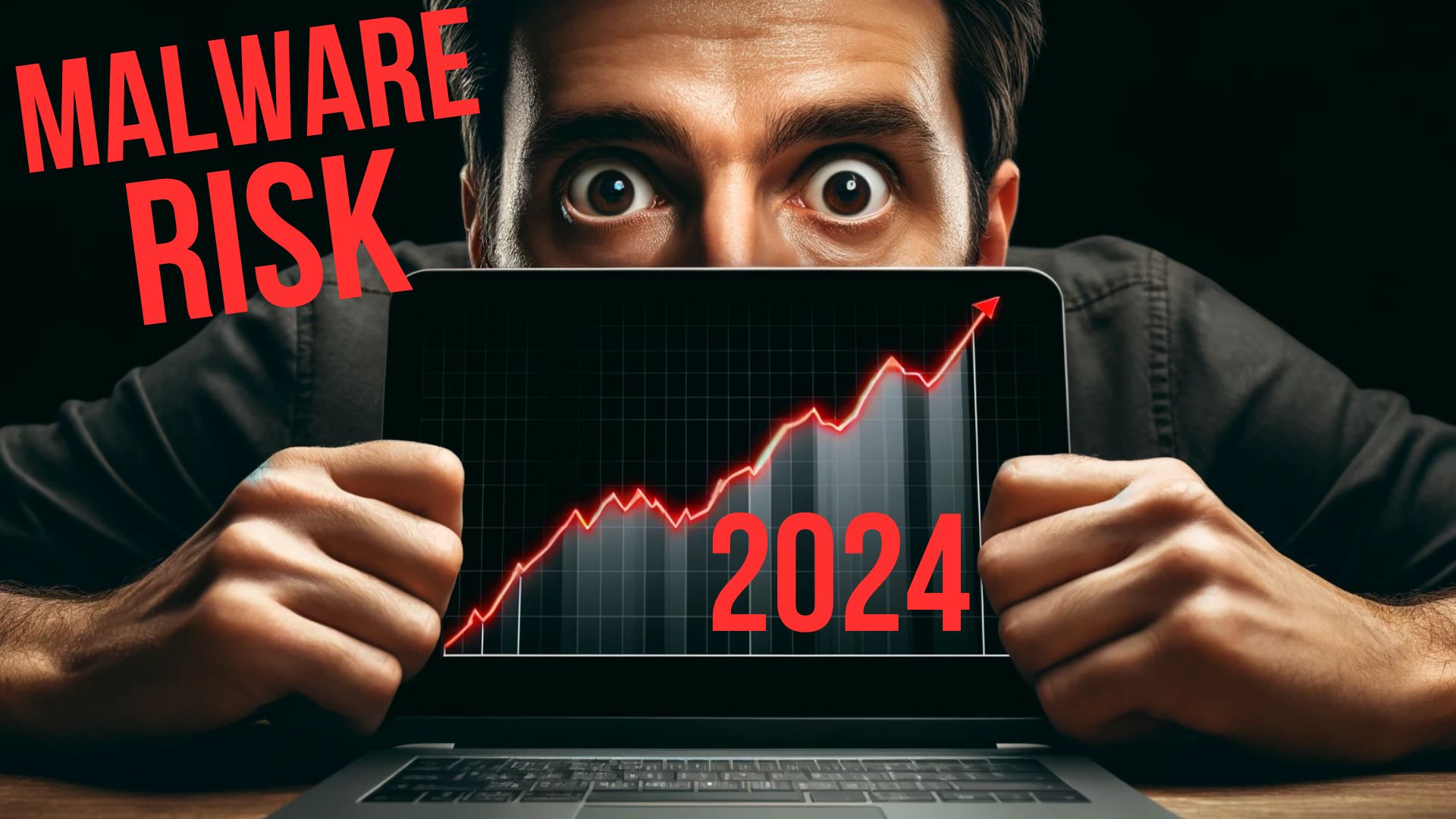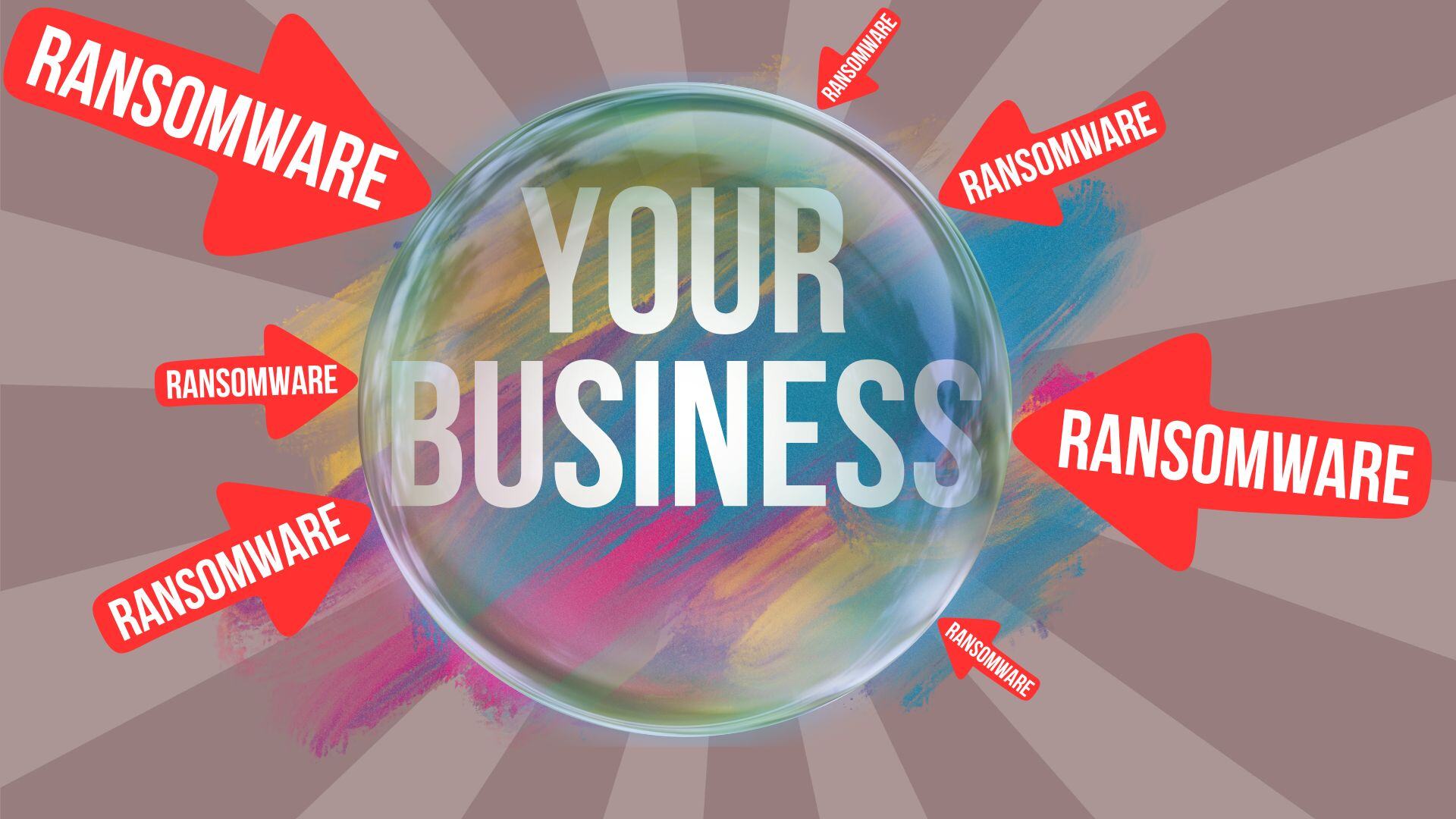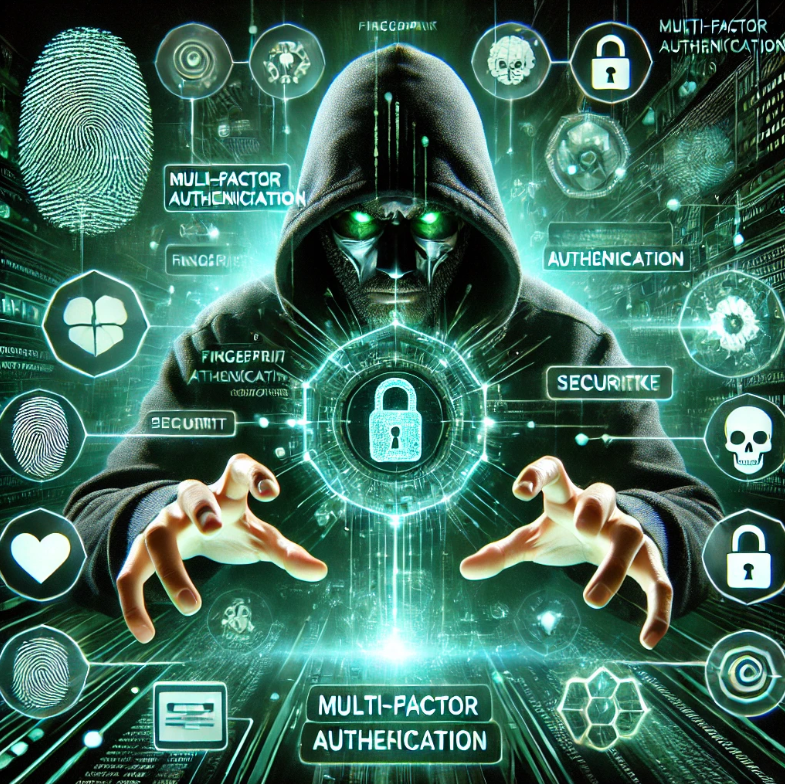Thanksgiving Threats!
Download my Ultimate Guide to Ransomware NOW!
Ransomware Attacks and Holiday Weekends: Why Cybercriminals Target Long Breaks
From the Desk of Black Bear MSSP
Cybercriminals are not only technically adept but also strategic in their timing. One of the most effective tactics in their playbook is launching ransomware attacks right before holiday weekends, such as the Wednesday night before Thanksgiving. Attackers capitalize on the fact that many organizations operate with limited monitoring and staffing over these extended breaks, which gives them ample time to infiltrate systems, spread malicious code, and escalate their attacks—all while going undetected. By the time employees return, the damage is often extensive, making these attacks particularly challenging and costly to resolve.
Why Long Holiday Weekends Are Prime Targets for Ransomware
Extended breaks, like Thanksgiving, Christmas, and New Year’s, represent a unique vulnerability in the cybersecurity landscape. Attackers know that these are periods when businesses are often left with only skeleton IT teams, if any monitoring at all. Here’s why holiday weekends are so appealing to cybercriminals:
-
Reduced Monitoring and Response: Many businesses operate with minimal staff over holidays, and security monitoring may be dialed back. IT and security teams are typically stretched thin, if not entirely off-duty, making it easy for an attack to go undetected. Without round-the-clock oversight, suspicious activity is more likely to fly under the radar.
-
Extended Dwell Time for Ransomware Spread: Once ransomware is launched, attackers rely on time to fully infiltrate systems, propagate through networks, and lock down critical files. Holiday weekends offer more time for ransomware to spread without interruption. By the time employees return, ransomware may have already reached essential systems, encrypted sensitive files, and affected network backups, creating a more substantial, costly impact.
-
Delayed Incident Response: Even if a ransomware attack is detected over a holiday, getting a full response team on-site or online may be challenging. This delay allows attackers to gain more traction in their efforts—erasing backups, covering their tracks, or encrypting more files.
How Attackers Exploit the Extended Timeframe
During these holiday breaks, attackers can take advantage of the absence of regular defenses to execute multiple stages of a ransomware attack. Here’s how they typically work through an attack over a long weekend:
-
Initial Access and Encryption: Attackers often gain initial access by exploiting vulnerabilities or using social engineering tactics like phishing emails to steal login credentials. They then use this access to deploy ransomware, which begins encrypting files across the network.
-
Data Exfiltration for Double Extortion: Many ransomware variants now include a “double extortion” element, where attackers exfiltrate data before encryption. They then threaten to leak this data unless an additional ransom is paid. The extra time over a long weekend allows attackers to quietly siphon off sensitive information before full encryption, making it harder for businesses to refuse payment.
-
Disabling and Destroying Backups: Effective ransomware attacks aim to eliminate the victim’s ability to restore systems from backups. Attackers use the extended time to identify and disable backups, delete them, or render them useless. This action forces companies to either pay the ransom or face extensive downtime and potential data loss.
-
Concealing Their Tracks: Attackers often try to avoid immediate detection by disabling logging mechanisms, tampering with event logs, or employing stealth techniques to hide their presence. Over a long weekend, attackers have more time to erase evidence, making it harder for security teams to investigate and understand the full scope of the attack when they return.
Why Thanksgiving is a Key Date for Cybercriminals
Thanksgiving, specifically, has become a major target for ransomware actors. This four-day weekend sees most businesses shut down entirely, with employees taking time off and IT teams scaling back operations. Attackers launching ransomware on Wednesday evening know that systems may not be actively monitored until the following Monday morning, giving them nearly four full days to infiltrate, encrypt, and extract data. By the time Monday arrives, damage control becomes exponentially more complex and costly.
Strengthening Defenses Against Holiday Weekend Ransomware Attacks
Given the heightened risk, organizations should take proactive steps to defend against these strategically timed attacks. Here are critical measures to consider:
-
Implement Continuous 24/7 Monitoring: Cybersecurity shouldn’t take a break when your team does. Continuous monitoring, whether through in-house teams or a Managed Security Service Provider (MSSP) like Black Bear MSSP, is essential for detecting suspicious activity in real-time, even over holiday weekends. Round-the-clock monitoring ensures that any unusual behavior triggers immediate alerts, reducing dwell time and potential damage.
-
Strengthen Authentication with Multi-Factor Authentication (MFA): MFA adds a critical layer of security by requiring multiple forms of verification, making it harder for attackers to gain initial access, even if they’ve obtained a username and password. MFA is especially valuable during holidays when quick access by unauthorized users may go unnoticed.
-
Regular and Tested Backups: Backup systems are essential in any ransomware response strategy. Ensure that backups are not only performed regularly but also stored in locations separate from the main network, such as in offline or immutable storage. Test your backup restoration process frequently to confirm that data can be fully recovered. This approach can minimize downtime and limit the leverage attackers have if backups are securely protected.
-
Establish a Well-Defined Incident Response Plan: A rapid, well-organized response can minimize the impact of ransomware. Ensure your incident response plan includes clear procedures, roles, and contact lists so that employees know exactly what to do if an attack occurs over a holiday. Practice the plan regularly to streamline response time and reduce panic in the event of a real incident.
-
Perform Pre-Holiday Vulnerability Scans and Audits: Before a long weekend, conduct thorough security scans to detect and resolve vulnerabilities, malware, and potential threats. Assess for outdated software, unpatched systems, and suspicious network activity to catch potential threats before they become full-fledged attacks.
-
Educate Employees and Leadership Teams: Awareness is a powerful line of defense. Cybercriminals often use phishing tactics to deploy ransomware, so regular training on recognizing these schemes is critical. Ensure staff and executives know how to spot phishing, understand the risks of holiday attacks, and avoid common cyber traps that can give attackers a foothold.
Protect Your Business with Black Bear MSSP
At Black Bear MSSP, we specialize in defending businesses against advanced threats like ransomware. Our team provides comprehensive cybersecurity services, including continuous monitoring, vulnerability scans, incident response planning, and employee training to prepare your organization for peak attack times, like holiday weekends. Contact us today to ensure your systems and data are protected all year round, and particularly when cybercriminals are most likely to strike.
Stay one step ahead—secure your business, protect your data, and enjoy peace of mind, even during the holidays.

 By
By


